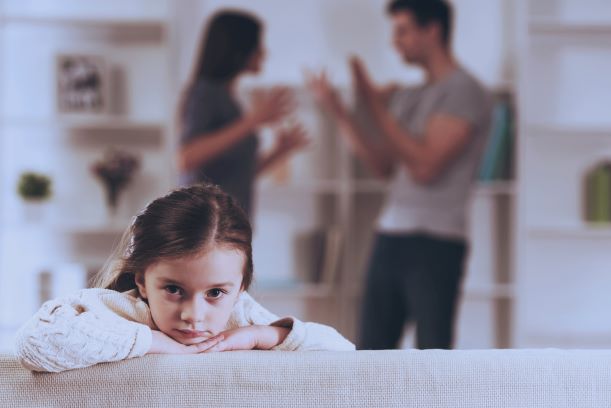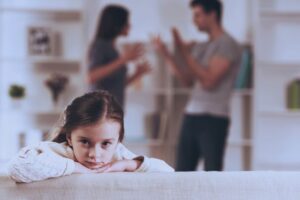At the age of 10, after my parents split, I chose to live with my father. It was the mid-80’s and we moved into a full-service building that had doormen. This was good because my father worked, and I spent a number of hours home alone with the condo staff to keep an eye on me. It was a safe environment. Lest you worry I was hurt in any way, I was not.
I was just emerging from a fraught and unamicable divorce in which I was privy to adult misinformation about why “the other” adults in their lives act the way they do, and that two married people could “love each other but not like each other and so shouldn’t be together.” It was confusing and I was eager to talk about it to try to find some understanding. I also felt a young pride that I could talk to adults about this new adult information I had been collecting and I often found myself talking with John, the main doorman, about what me and my family had been going through.
When my father caught wind that I was sharing sacred family experiences and my take of what it is to witness the reckless demise of a marriage with John, he yelled at me. He felt that I should keep things private. He made sense except he missed some important facts.
What my father didn’t consider was that – even at 10 years old – I knew about boundaries and privacy, and I knew I needed to safely share my story in order to heal.
What my father didn’t know was that John had shared stories about his life and his family with me, the good things and the things that had troubled him. John took the chance to open himself up to me. His trust in me was a source of healing.
The connective power of sharing our stories with one another transcends age, sex, culture, religion, ethnicity – you name it. When we create a safe, open, and nonjudgmental place to share, we heal each other and ourselves.
I’m forever grateful for that short friendship with John. It changed my life for the better.




